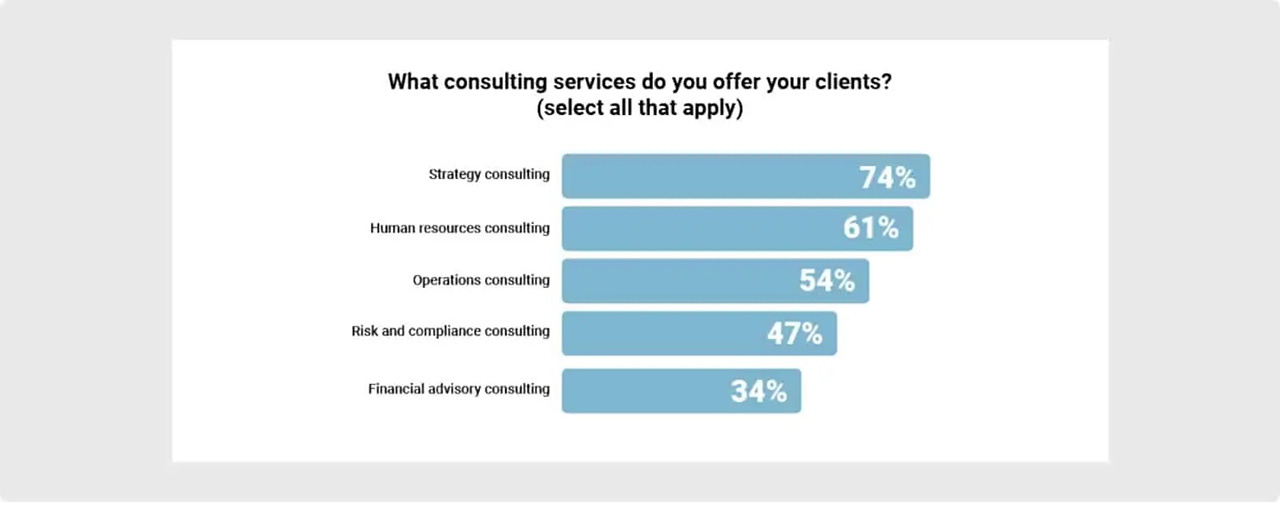
The summary section of a nonprofit plan starts with the description of what you hope to achieve. This section will discuss your mission and vision as well the goals of your organization. This summary provides a brief overview of the remaining plan. It should also include your financial information and your costs.
Executive summary
An executive summary is a section of a business plan that explains the organization's goals, mission, and strategy. It should identify the marketing strategies and target audience. It should also address the current financial status and future plans. Finally, it should include a list of team members. This section should contain the names of key personnel and members of the board.
The executive summary of a nonprofit business plan should also describe the day-to-day operations of the organization, the staff, and facilities. It should also outline the number of employees, pay structure, and types of positions. It should also detail the hiring plans for future employees.
Section for Teams
A nonprofit business plan's team section should include details about the organization's structure including paid staff and board members. Provide details on training and other requirements of team members. Mention future hiring plans and temporary staffing options as well. Include yourself. Include your personal goals, qualifications, and role in the organization.

Depending on the mission of your nonprofit, you may also include a marketing plan. To market your nonprofit, you should clearly define your target audience. Particularly, it is important to determine how to attract donors. In addition, your marketing plan should include customer and donor retention.
Prices
Your nonprofit business plan should include a section on the costs of running the organization. This section should contain a breakdown of the direct costs including salaries, facilities and insurance. This section should include costs for website maintenance and phone bills. It is also a good idea include future cashflow statements, income, and balances.
The statement of activities should be included in a nonprofit business plan. This will show how much your organization makes from its activities. This statement should break down the revenues and costs from the first year and then every year thereafter.
Market analysis
Market analysis is one of the most important aspects in creating a nonprofit business plan. An environmental scan is also known as market analysis. It involves researching the market to determine the needs of the target audience, and how the enterprise will address those needs. Without the right market knowledge, it is impossible to achieve your mission and vision. Market analysis should include a summary that includes the market, competition, value proposition, product or service, and a description of the market.
Your nonprofit's market analysis section should describe projections based market data. The nonprofit should also be able to identify the specific outcomes it hopes to achieve. An operational plan is also essential for a successful plan. This plan will outline how the nonprofit will conduct activities and measure the program's success.

Organisational structure
A nonprofit business plan must outline the organizational structure and the goals and objectives. The business plan should describe the purpose of the nonprofit and what market it will serve. It should also outline how the nonprofit's products or services will benefit the clients and the community. The non-profit's business plan should identify its board members, as well as its management. It is best to create an organizational map for this purpose.
A nonprofit will often have a board or leadership team. A for-profit will typically have volunteers and a coordinator. It does not matter what size the organization is. However, it must define its organizational structure clearly and describe its key management personnel. The goal is to describe the roles and responsibilities of each department.
FAQ
How do I start an LLC consultancy business?
The first step is to decide what service provider you want to be. Then, make sure that you are qualified for these services. It is also possible to locate someone who has done the same job as you and find out how they do it.
Once you know your product/service, you should start looking for the right market. If you don't have enough, you might need to create them.
You then have to decide whether or not you want to open your own company, or hire other people to do it.
You could also consider starting your own consulting company by getting a license from the state, but this requires quite a bit of paperwork and legal fees.
How do you choose a consultant to help me?
There are three key factors to be aware of:
-
Experience - How much experience does this consultant have? Are they a beginner, intermediate, expert, or some other level? Does her resume reflect the knowledge and skills she has?
-
Education - What did this person learn during school? Did he/she continue to take relevant courses after graduation? Is there evidence that he/she learned from the writing style?
-
Personality - Are we attracted to this person? Would we hire him/her to be our employee?
-
The answers to these questions help determine if the consultant is right for our needs. If the answers are not clear, it may be worthwhile to interview the candidate in person to get more information about them.
What is the real value of consulting?
Consulting is not just an entry-level career choice for people who want to make money fast - it's also a great way to learn valuable skills and build a solid foundation that you can use throughout your work.
There are many options for consulting. These include project management, business strategy, strategy, leadership, and training. It is possible to work on projects that range from small start ups to large, international corporations.
Consulting provides you with the opportunity to develop and hone your skills, as well as gain experience within a range of industries. This could include learning to manage teams and write proposals, manage finances, analyze data, create presentations and conduct market research.
What is the difference?
A consultant provides advice on a topic. A consultant is able to provide solutions.
Consultants work directly with clients to help them reach their goals. The advisor provides indirect advice through books, magazines lectures, seminars, and the like.
Statistics
- Over 50% of consultants get their first consulting client through a referral from their network. (consultingsuccess.com)
- According to IBISWorld, revenues in the consulting industry will exceed $261 billion in 2020. (nerdwallet.com)
- 67% of consultants start their consulting businesses after quitting their jobs, while 33% start while they're still at their jobs. (consultingsuccess.com)
- WHY choose me: Why your ideal client should choose you (ex: 10 years of experience and 6-week program has helped over 20 clients boost their sales by an average of 33% in 6 months). (consultingsuccess.com)
- On average, your program increases the sales team's performance by 33%. (consultingsuccess.com)
External Links
How To
How do you find the best consultant?
It is important to first ask yourself what you expect from a consultant when searching for one. Before you look for someone, you need to be clear about your expectations. Make a list of everything you think you might need from a consultant. These could include professional expertise, technical skills and project management abilities, communication skills, availability, and other things. After you have outlined your requirements, you might want to ask friends and colleagues for recommendations. Ask them about their experiences with consultants and compare their recommendations to yours. Try searching online for recommendations if you don’t have any. There are many websites, such as LinkedIn, Facebook, Angie's List, Indeed, etc., where people post reviews of their previous work experiences. You can use the comments and ratings left by others to help you find potential candidates. Once you have narrowed down your list, reach out to potential candidates and set up an interview. In the interview, discuss your needs and ask them for their suggestions on how you can achieve them. It doesn't really matter if they were recommended; as long as they understand your business objectives, they will be able to show how they could help you achieve them.